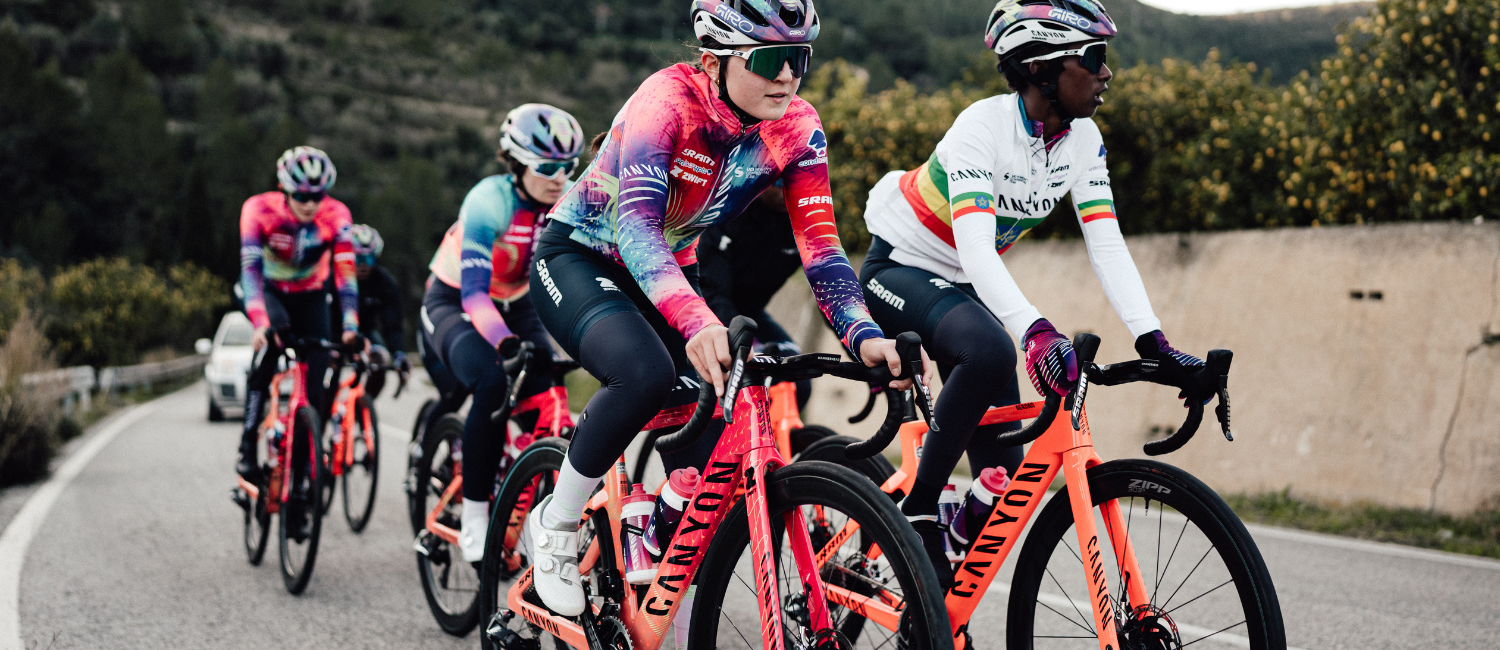
Fuel Like a Female Athlete: 4 Essentials for Performance
Female athletes face unique physiological needs — from hormone fluctuations and menstrual cycles to iron demands and protein utilisation.
Here are 4 crucial pillars of female endurance nutrition
1. Fueling Adequately
Many women underfuel without realising it — leading to low energy availability (LEA), fatigue, disrupted recovery, and even hormonal imbalances. Female athletes must prioritise consistent, carbohydrate-rich fuelling throughout training and the day to support both exercise output and essential bodily functions.
Pro Tip: Aim to eat something every 3–4 hours, with high-carb snacks around training sessions to maintain energy balance.
2. Eating Enough Protein
Protein is vital for muscle repair, strength gains, and satiety. Studies show female athletes often consume less protein than needed.
Guideline: Roughly 1.6-1.8g per kg of bodyweight per day is ideal for both male and female endurance athletes. Distribute evenly across meals and snacks.
3. Iron Requirements
Iron supports oxygen transport and energy production — yet women are more susceptible to iron-deficiency due to menstrual losses.
Sources: Lean meats, fish, legumes, dark leafy greens, and iron-fortified foods. Pair with vitamin C to increase absorption.
4. Menstrual Cycle & Nutrition
While research on menstrual phase-based nutrition is still evolving, many female athletes benefit from tracking symptoms and adjusting training load and fuelling accordingly. Awareness is the first step.
Key Insight: Recovery and protein demands may be slightly higher in the luteal phase (post-ovulation). Listen to your body and stay flexible.
Final Thoughts:
Eat, recover for endurance, speed, power and not for asthetics or weight loss.
Fuelling as a female athlete isn’t about eating less. It’s about fuelling smart, understanding your body, and giving it the resources it needs to perform, adapt and stay injury-free. Whether you’re a cyclist, runner, or triathlete, your nutrition should work with you — not against you.
